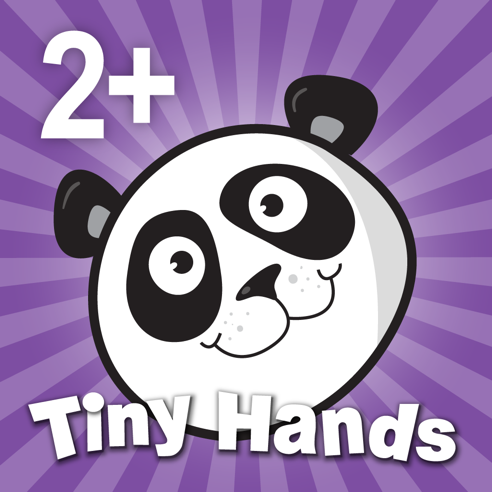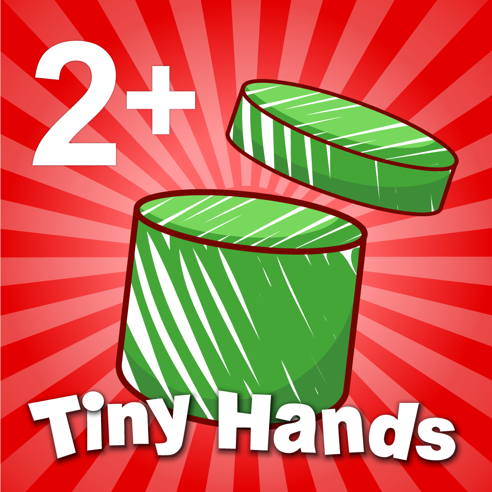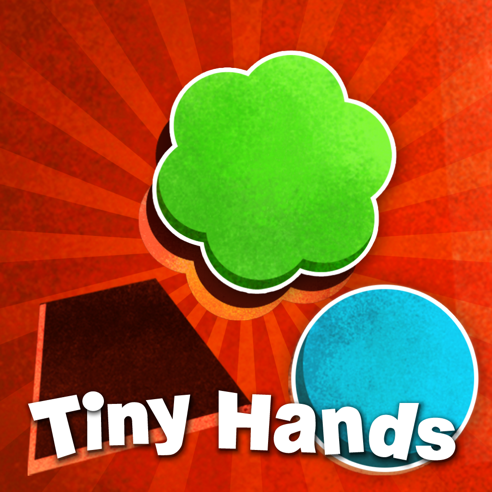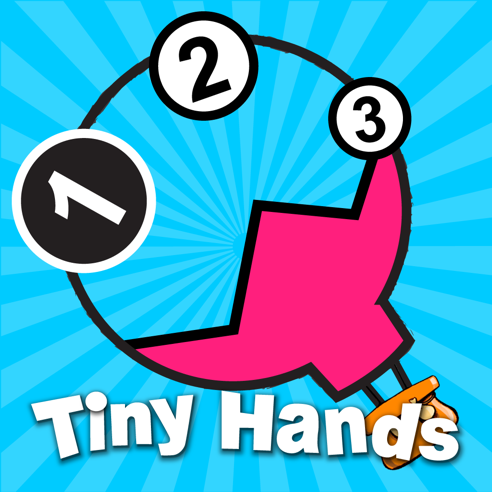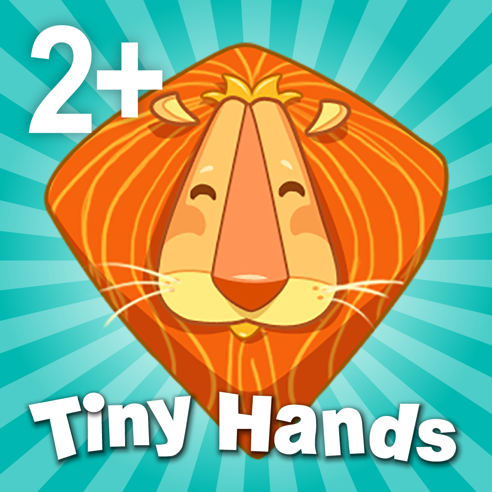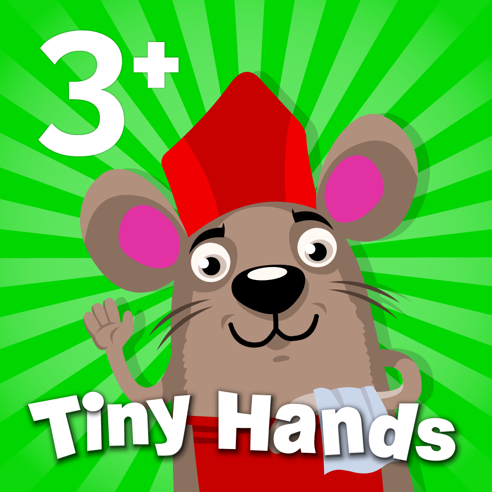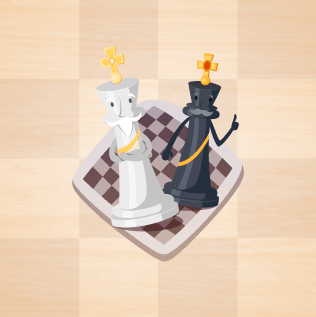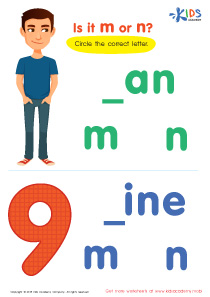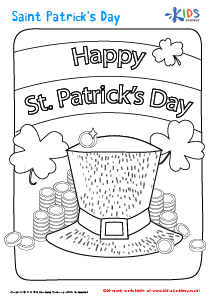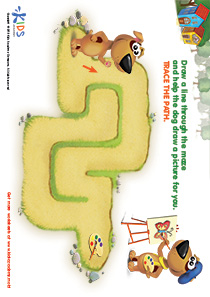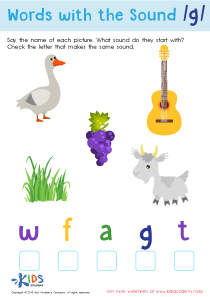Chess Games & Puzzles for Kids Games for Ages 3-4
1 results
Introducing our enchanting Chess for Ages 3-4 collection, designed to spark curiosity and foster early strategic thinking in young minds. Our games are a delightful mix of interactive fun and educational value, tailormade for preschoolers. With vibrant, child-friendly pieces and engaging digital platforms on the horizon, we are bringing the classic game of chess to life for our youngest players. Whether it's their first encounter with a chessboard or an exciting continuation of their journey, our collection promises to be a cherished companion in developing critical thinking and problem-solving skills. Get ready for a magical chess adventure that grows with your child!
In an era where early childhood development is of paramount importance, introducing young minds to intellectually stimulating activities can make a significant impact. Chess, a game renowned for its benefits in fostering strategic thinking and problem-solving skills, is no longer just a pastime for adults and older kids. With the advent of Chess for Ages 3-4, this classic game is now accessible and enjoyable for preschoolers, opening a world of cognitive and social growth opportunities for the youngest learners.
Chess for Ages 3-4 is crafted with the understanding that children's formative years are crucial for setting a foundation in critical thinking, memory enhancement, and concentration. These interactive chess games are designed specifically for children in the 3 to 4 age group, making use of colorful, captivating pieces and game boards that appeal to their imagination and curious minds. The simplicity of the rules, combined with the engaging nature of the game, ensures that young players are not only entertained but are also learning valuable skills in a fun and effective manner.
One of the standout features of Chess for Ages 3-4 is its interactive nature. Unlike traditional chess, which might seem daunting due to its complexity, these games introduce the concepts gradually, allowing children to grasp the basics of movement, strategy, and sportsmanship in a supportive and enjoyable environment. The interactive component ensures that each child remains engaged, receiving instant feedback that helps them understand the consequences of their actions in a clear and immediate way.
Moreover, these games are soon to be available to play on the web, making Chess for Ages 3-4 accessible to a broader audience. This move to digital platforms means that children can enjoy the benefits of chess from the comfort of their home, with the added advantage of connecting with peers from various backgrounds. Online play also offers the flexibility of engaging in the game at any time, making it a convenient option for parents looking to integrate educational activities into their child’s daily routine.
The benefits of introducing chess at a young age are manifold. Research has shown that children who engage in chess exhibit improved problem-solving skills, better memory, and higher levels of creativity. They learn the importance of planning and foreseeing the consequences of their actions, skills that are invaluable not just on the chessboard but in real life. Moreover, Chess for Ages 3-4 promotes patience and persistence, encouraging children to think before they act and to keep trying even when they face setbacks.
In conclusion, Chess for Ages 3-4 is more than just a game. It is a powerful educational tool that, through interactive play and soon-to-be-available online access, offers a unique opportunity for cognitive and social development in preschool-aged children. By engaging in this age-appropriate version of chess, children not only enhance their intellectual abilities but also acquire vital life skills that will serve them well beyond the game. As we look towards nurturing the next generation of thinkers, Chess for Ages 3-4 stands out as a valuable addition to any child's learning journey.
